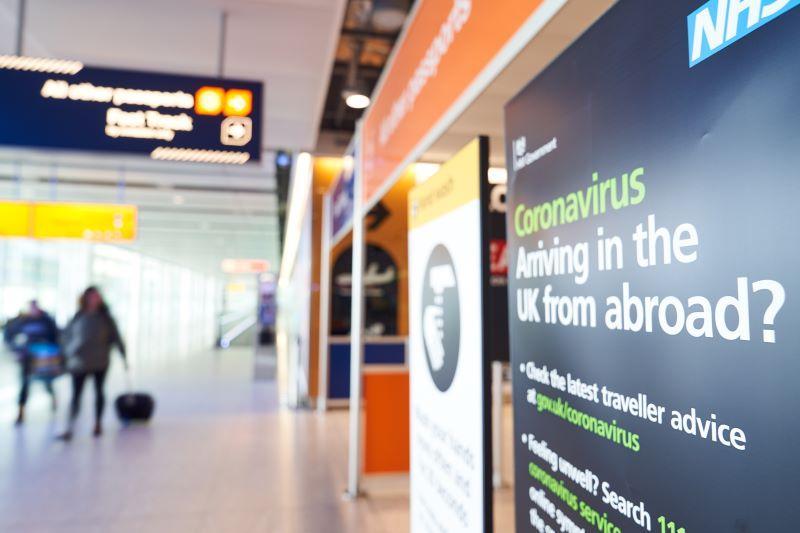EDITORIAL: Data Can Guide Governments To Better International Travel Policies

The UK government’s abrupt reversal on allowing its citizens to travel to Portugal for vacation has severe immediate and long-term repercussions for airlines and the travel industry.
In the immediate term, the UK has—not for the first time—placed its citizens already in Portugal in the horrible position of having to choose between packing up early and scrambling to find a flight home before Tuesday’s deadline, or accepting a mandatory and lengthy quarantine on their return. Airlines, airports and travel agencies, meanwhile, have once again been put in the role of arranging for the rapid evacuation of thousands of people—a responsibility and cost that truly lies with the UK government.
Longer term, the UK government’s flip-flopping and mixed messages will have a chilling effect on international travel, tourism and, ultimately, the British economy. Having placed Portugal—a popular tourist destination for Brits—on its new “green” travel list less than a month ago, the UK transport department has downgraded Portugal to “amber,” meaning people are not allowed to go there for leisure purposes.
The green list was already laughably short and included unlikely vacation destinations such as the Falklands and Ascension Island. Portugal was about the only country that was a viable holiday destination and the Brits—having endured strict lockdowns for much of the past 15 months—responded immediately with a surge of bookings to Portuguese cities and beach resorts. The desire for international travel has not disappeared and remains attractive even when it comes at the cost and hassle of the multiple COVID-19 tests that the UK mandated, even for green-list travel. Many people will have wasted that money and time on pre-travel tests for flights they can no longer make.
The UK’s reversal on Portugal seems to be based on politicians’ vague and queasy fear of having to take the blame if a new variant of the COVID virus breaks out. It does not appear to be data-based or even rational. The variant was already firmly established in India and surrounding areas when Portugal was placed on the UK’s green list; there is no point whatsoever in having a green list if countries are immediately removed when a variant mutates and spreads. Viruses do mutate; it’s how they work and it has to be built into a rational threshold for re-opening borders.
What the UK and all governments must do is establish a data-driven risk assessment on what their health systems can manage and what their citizens are willing to accept in return for more freedoms and normalcy. There will be no such thing as a zero-risk environment for COVID for the foreseeable future, but the past 18 months have seen an incredible advance in effective vaccines, vastly reducing the risk where they are distributed, and an enormous accumulation of data that can help establish risk criteria.
Airbus and Boeing are among those that have developed such data specific to air travel risk assessment and mitigation. The information is available to governments so they can re-open their borders, boost economies and restore the basic right of the freedom to travel.
If governments and their citizens were intolerant of any risk, there would be no highways or speed limits would be drastically reduced. Thousands of people are killed every day in road accidents and thousands more are severely injured, at great personal loss to the victims and physical cost to health care systems. Yet a zero-risk policy on road travel would be unthinkable and totally unacceptable.
So it is with air travel. Testing, HEPA filters and mask-wearing are parts of a multilayered approach to hygiene-safe flying that massively reduce the risk of international travel, in terms of virus transmission, just as seat belts and airbags significantly reduce road crash fatalities. Data prove that the percentage of cases of infected people getting through the air travel’s safety network is tiny and provide a sound basis for governments to re-open borders, without quarantines, and keep them open.
